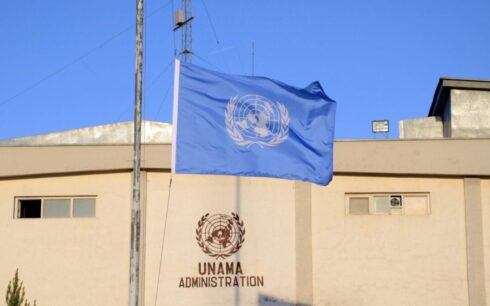The United Nations Human Rights Council has adopted a new resolution, reaffirming the right of the Afghan people to freely determine their political status and pursue their economic, social, and cultural development.
The resolution underscores the Council’s commitment to Afghanistan’s sovereignty, political independence, territorial integrity, and unity amid deepening human rights concerns.
The resolution, reflecting broad international concern, highlights the worsening human rights situation in Afghanistan, especially for ethnic and religious minorities.
It recalls the recent assessment by the U.N. Special Rapporteur for Afghanistan, which documented widespread persecution of Hazaras and other marginalized groups, often through attacks attributed to Islamic State–Khorasan that may constitute crimes against humanity.
It also raises grave concerns about ongoing human rights violations, particularly those targeting women and girls.
The resolution condemns summary executions, arbitrary detentions, forced displacement, and various forms of violence, including sexual violence, reprisals against civil society, and abuses against peaceful protesters.
The resolution directly implicates the Taliban and other actors in committing these abuses, emphasizing the need for accountability.
It further underscores the need to protect the rights of vulnerable groups, including women, children, older adults, journalists, human rights defenders, and minority communities. Richard Bennett, the U.N. Special Rapporteur for Afghanistan, expressed gratitude on social media that the resolution was adopted without a vote, highlighting its importance amid a climate of impunity in Afghanistan.
Calling for justice, the resolution stresses the need for a gender-responsive approach to ensure accountability for human rights abuses. It also emphasizes the full participation of women and girls in all areas of Afghan society, particularly in governance and conflict resolution, as essential for sustainable peace and development.
The resolution condemns the Taliban’s use of corporal punishment, including stoning and death by wall-burial, as violations of international human rights standards. It expresses concern over reports of extrajudicial corporal punishments.
The resolution garnered support from numerous nations, including the United States, United Kingdom, Canada, and members of the European Union, collectively reaffirming a global stance on the imperative of human rights and accountability in Afghanistan.





